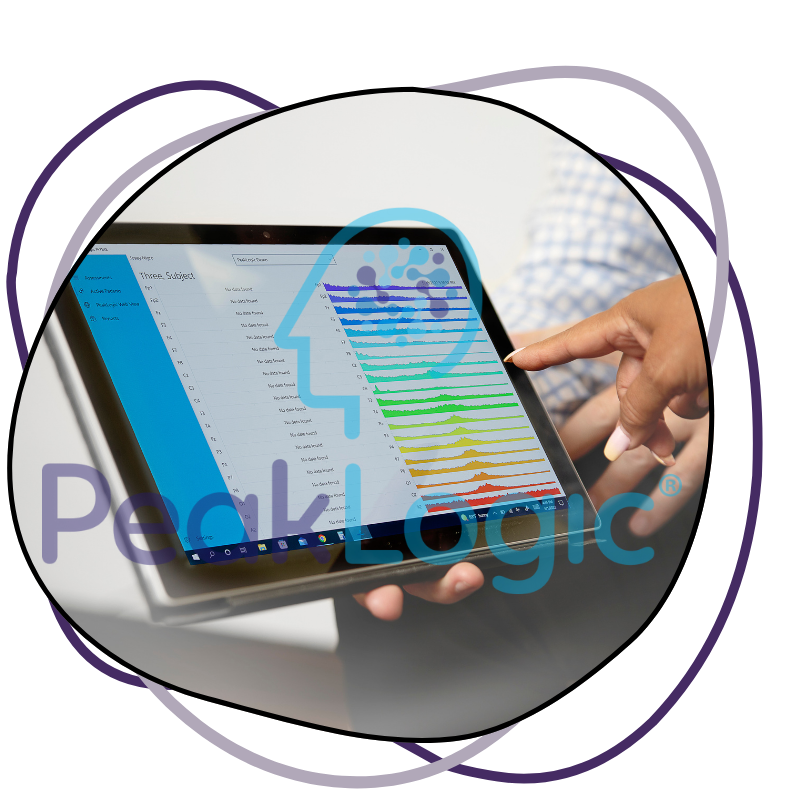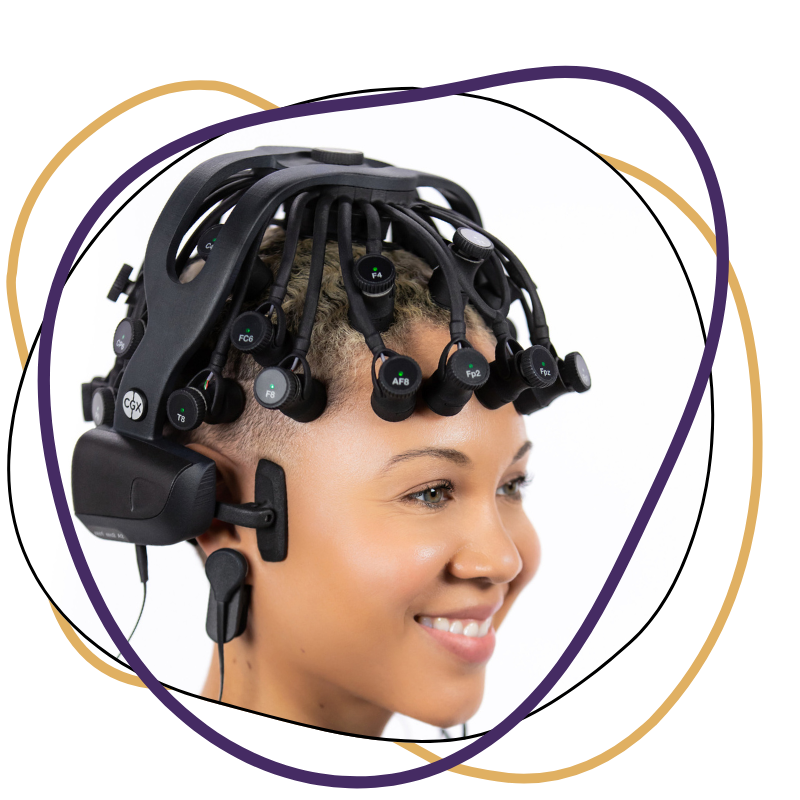Transcranial Magnetic Stimulation (TMS)
Transcranial Magnetic Stimulation (TMS) is a non-invasive, FDA-cleared treatment for depression and other mental health conditions. It uses magnetic pulses to stimulate areas of the brain involved in mood regulation, offering relief when medications haven’t worked. TMS is safe, well-tolerated, and requires no anesthesia or downtime.
Overview:
Transcranial Magnetic Stimulation (TMS) is a non-invasive, drug-free treatment that uses gentle magnetic pulses to stimulate specific areas of the brain involved in mood regulation. It is FDA-cleared for the treatment of Major Depressive Disorder (MDD), particularly for individuals who haven’t found relief from traditional antidepressants. TMS is also covered by most major insurance companies, making it an accessible option for many patients seeking a safer, effective alternative to medication.
Recent research has identified a condition known as brain arrhythmia, which refers to irregular or dysregulated brainwave patterns. These imbalances can contribute to depression, anxiety, PTSD, ADHD, and other mental health disorders. TMS works by helping the brain restore a healthier rhythm, improving communication between neural networks and supporting emotional stability.

Don't Take our Word For It.
Third Party Studies:
- NeuroStar® Clinical Outcomes Registry Study
- TMS therapy led to response rates of 58–83% and remission rates of 28–62% in over 7,700 patients with depression, making it one of the largest and most positive real-world studies on TMS effectiveness.
- Meta-Analysis of Adjunctive TMS in Treatment-Resistant Major Depression
- Patients receiving active rTMS were more than twice as likely to respond and nearly three times as likely to achieve remission compared to sham.
- UCLA Health Study on Early Predictors of TMS Success
- UCLA Health researchers say findings show more than half of patients reported positive response to treatment
Accepting Most Major Insurance Companies:

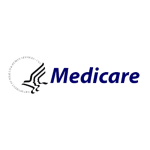

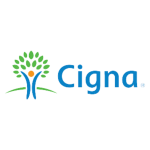

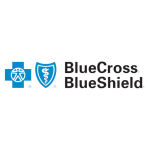

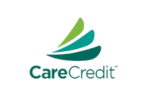


Treat the source, rather than just the symptoms
How Does TMS Work?
TMS (Transcranial Magnetic Stimulation) works by delivering gentle, focused magnetic pulses to specific areas of the brain involved in mood regulation—especially those underactive in people with depression. These pulses help stimulate neural activity, improve communication between brain cells, and gradually restore healthier brain rhythms. Over time, this process can lead to lasting improvements in mood, focus, and emotional balance—without the need for medication or sedation. TMS is non-invasive, safe, and performed in a comfortable outpatient setting.
Brain Arrhythmia

Brain arrhythmia refers to irregular or disrupted brainwave patterns that can interfere with healthy communication between different areas of the brain. These imbalances are often linked to conditions like depression, anxiety, PTSD, and ADHD. TMS therapy works by stimulating targeted regions of the brain to help restore more balanced, rhythmic activity. By addressing these abnormal patterns, TMS can support improved mood, focus, and emotional regulation—treating the root of the problem, not just the symptoms.
Learn More.
What Results Can You Expect?
Many people begin to notice improvements in mood, energy, and focus within the first few weeks of TMS treatment, with results continuing to build over time. Clinical studies show that most patients experience significant symptom relief, and many achieve full remission from depression—especially those who haven’t responded well to medication. Because TMS targets the brain directly, without the side effects of drugs, patients often report feeling clearer, more emotionally balanced, and better able to engage in daily life. Results vary, but for many, TMS offers a safe and lasting path to real healing.

What to Expect During Treatment?
During TMS treatment, you’ll sit comfortably in a chair while a small device is placed gently against your scalp. The device delivers focused magnetic pulses to specific areas of your brain linked to mood regulation. Most patients feel a light tapping sensation but no pain, and no sedation is required—you’ll be awake and alert the entire time. Sessions typically last 20 to 30 minutes, and you can drive yourself home afterward and return to normal activities. Treatments are usually done 5 days a week for several weeks, and many patients start to notice improvements within the first few sessions.
Want to Know More
Real Patient
Success Stories

The Different Kinds of TMS
rTMS (repetitive Transcranial Magnetic Stimulation) is the most widely used and clinically studied form of TMS therapy. It delivers a series of magnetic pulses in rhythmic, repeated patterns to stimulate underactive regions of the brain that are associated with mood regulation and emotional processing. rTMS is FDA-cleared for the treatment of major depressive disorder, particularly in individuals who have not responded to traditional antidepressants. The treatment is typically administered in short, daily sessions over the course of several weeks. rTMS is non-invasive, well-tolerated, and does not require anesthesia or recovery time. Learn More.
Theta Burst Stimulation (TBS) is a newer, advanced form of TMS therapy that delivers rapid bursts of magnetic pulses in patterns that mimic the brain’s natural theta rhythms. This approach allows for shorter treatment sessions—typically just 3 to 10 minutes—while maintaining similar effectiveness to standard rTMS for treating major depressive disorder. TBS targets the same mood-related areas of the brain but uses a more time-efficient protocol, making it a convenient option for patients. Like other forms of TMS, TBS is non-invasive, well-tolerated, and FDA-cleared for depression. Learn More.
Accelerated TMS is an advanced treatment approach that delivers multiple TMS sessions per day over a shorter period of time, often completing a full course in just 5 to 10 days instead of several weeks. This intensive protocol is designed to provide faster relief from depression symptoms, making it ideal for those in crisis or needing rapid improvement. Studies like the Stanford SAINT protocol have shown high remission rates with accelerated TMS. While not yet FDA-cleared as a standard protocol, it is offered off-label at select clinics and follows the same safe, non-invasive procedures as traditional TMS—just in a condensed schedule. Learn More.

PrTMS® (Personalized Repetitive Transcranial Magnetic Stimulation) by PeakLogic is an advanced form of TMS that uses EEG brainwave mapping to tailor treatment to each patient’s unique neural activity. By identifying irregular brainwave patterns—often referred to as brain arrhythmia—PrTMS customizes the frequency and location of stimulation for more precise, personalized care. This approach is designed to enhance outcomes for conditions like depression, anxiety, PTSD, and cognitive dysfunction. PrTMS is non-invasive, well-tolerated, and performed in a clinical setting with ongoing adjustments based on each patient’s progress. Learn More.
Deep TMS (dTMS) is a unique form of transcranial magnetic stimulation that uses a specialized H-coil to stimulate deeper and broader regions of the brain than standard TMS. While traditional TMS targets surface-level areas linked to mood regulation, dTMS reaches neural circuits located deeper within the brain, which may be beneficial for complex or treatment-resistant conditions. dTMS is FDA-cleared for treating Major Depressive Disorder (MDD) and Obsessive-Compulsive Disorder (OCD). Similar to rTMS, but the coil design and targeted depth makes it different. Learn More.
Intermittent Theta Burst (iTBS)
Intermittent Theta Burst Stimulation (iTBS) is a newer, time-efficient form of TMS that delivers rapid bursts of magnetic pulses in patterns that mimic the brain’s natural theta rhythms. Unlike traditional rTMS, which takes 20–40 minutes, iTBS sessions last only about 3 minutes, making it a much quicker option. The pulses are delivered intermittently, with short pauses between bursts, enhancing their effectiveness while reducing session time. iTBS is FDA-cleared for depression and has been shown to produce similar outcomes to standard TMS. Its shorter duration makes it ideal for patients with busy schedules seeking fast, effective treatment. Learn More.

Real Stories, Real Healing, Real Mental Health Treatment
Progress You Can SEE
Happiness You Can FEEL

Contact Us
Get Help Now
Contact our TMS clinic to receive expert, personalized care and innovative treatments that effectively address your mental health needs.
Contact Form
"*" indicates required fields
Want to Know More
Advanced Equiptment for Personalized Care



